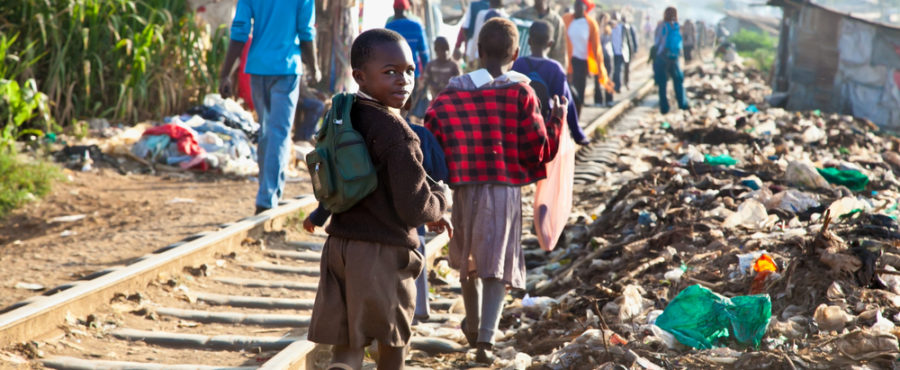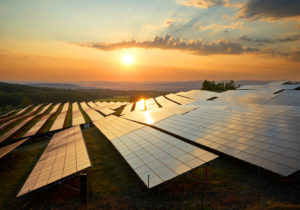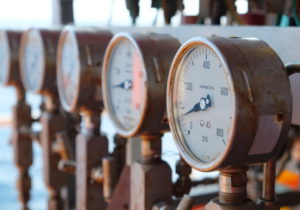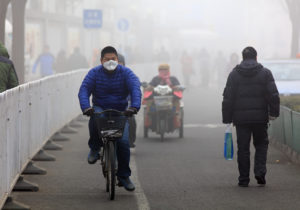
Africa is world’s second most populated continent with over 1.29 billion people[1]. In addition to multiple social and economic challenges, the continent is becoming the landfill for the rest of the world.
According to a study conducted upon request of the UN and the Council for Scientific and Industrial Research (CSIR), only 4 per cent of waste produced in Africa is recycled. For comparison, Europe’s recycling rate is 42.4 per cent for municipal waste and 62.5 per cent for packaging waste, respectively (European Environment Agency’s data for 2013)[2]. This puts Africa in an exceptionally difficult position.
Gloomy picture
The CSIR’s report reveals that about 57 per cent of waste produced on the continent of Africa is biodegradable, but the waste collection system is inefficient. Only 55 per cent of waste is collected by municipal services, which results in lots of litter in the cities and a big number of illegal landfills.
Statistically, 90 per cent of waste is stored on landfills, mostly illegal, or even if they are legal, they are either not controlled at all or supervised to a limited extent only[3].
Collection of waste in the cities and on landfills leads to accumulation of social issues. Waste lying in the cities pollute the environment and contaminate waters. Dirty water transmits diseases and toxins originally contained in waste.
Just heaps of garbage alone are dangerous – over 130 people have already lost their lives in landslides and collapses. 66 per cent of the victims were women[4], who usually walk through the landfills in search of valuable items and materials.
Another challenge is also the fact that significant amounts of electronic waste coming from developed countries ends up in Africa.
Flood of external garbage
In places like Agbogbloshie near Accra, Ghana, the management of electronic waste imported from developed countries resulted in a social, economic and environmental disaster. Companies collecting waste from Asia and Europe label the containers as “development aid” or “used products” and send them to landfills in third world countries to save on the disposal of waste required by legislations in the developed countries.
Afterwards, the waste is not secured or processed in any way and the main activity of the people is to manually recover, from the waste, valuable materials such as copper and other metals. Poisoning and related diseases are common among collectors of scrap and e-waste. The people work to extract the materials usually in open air, without any protection, which exposes them to harmful substances like cadmium. Majority of them dies before 30 years of age of various types of cancer[5].
Manage the waste
The flooding of waste, both produced in Africa and imported from all over the world, is a problem that is getting more and more attention from the governments of African countries, particularly more developed ones.
An opportunity to handle the waste problem is incineration plants, which may limit the area necessary for storing the waste and decrease its toxicity. The heat energy produced when burning the waste may bring further benefits. A good example of such an approach was the launch of a waste incineration plant in the capital city of Ethiopia, Addis Abeba, where the key waste management tool for years had been the Koshe landfill, an integral element of the landscape of the continuously growing city.
The landfill takes an area of 36 football fields and is the source of income for crowds of scrap collectors, which leads to multiple tragedies – in 2017 alone as many as 114 people died there as a result of landslides.
https://www.youtube.com/watch?time_continue=1&v=dn2wZtigLDQ
The problem will be resolved by launching an incineration plant which will also produce electricity. The plant daily processes 1,400 tonnes of waste, which is equivalent to 80 per cent of waste produced by the Ethiopian capital a day. Waste combustion will produce electricity for 30 per cent of households in the city, generating 185 million kilowatt hours a year[6]. At the same time, this is one of a few facilities which meets European emission standards.
From the perspective of Ethiopia, this is a fourfold victory – the country has limited toxic chemical substances absorbed by the landfills’ soil, it has saved space, which keeps shrinking in the capital city, methane emissions have been reduced and the developing city has gained more electricity[7].
Electric power generated from waste combustion allows more effectively satisfy the demand of the intensively developing continent. World Economic Forum data show that only 32 per cent of people in the Sub-Saharan Africa have access to electricity.
Waste start-ups
The 4 per cent of processed waste mentioned at the beginning of this article is recycled at private initiatives lacking any coordination or support. This problem is taken care of social activists who, on their own, are trying to improve the lives of local people and contribute to the environment and entrepreneurs who see success opportunities in the waste issue.
An example of such initiatives is a start-up called Wecyclers[8], established in Lagos, the capital city of Nigeria, by Billikis Adebiyi. The company uses bicycles modified to carry cargo. A courier who collects the waste may be ordered via a text message. Garbage has become a genuine problem for even as many as 20 million Nigerians, mainly as a result of bad management and the growing heaps of waste in cities which do not recycle or process it in any other way. The start-up’s activity is to provide households with waste bags for sorting trash. By giving sorted trash to Wecyclers households collect points, which may later be exchanged into awards such as small home appliances or electronic devices. Wecyclers reaches households mostly living on less than 2 dollars a day, so an award collected once every few months is enormously attractive to those people.
Another example may be a start-up operating in Togo called Woelab, whose most popular product is Jerry, a personal computer produced from e-waste. The company’s owner, Sam Kodo, has been nominated for prestigious Anzisha Prize for his achievements in entrepreneurship and innovation.
[1] http://www.worldometers.info/world-population/africa-population/
[2] https://www.eea.europa.eu/data-and-maps/indicators/waste-recycling-1/assessment
[3] http://sustainabilityweek.co.za/assets/files/Day%203%20-%20AWMO%20-%20Waste.pdf
[4] http://sustainabilityweek.co.za/assets/files/Day%203%20-%20AWMO%20-%20Waste.pdf
[5] https://www.aljazeera.com/indepth/inpictures/2014/01/pictures-ghana-e-waste-mecca-2014130104740975223.html
[6] https://www.weforum.org/agenda/2018/05/addis-ababa-reppie-trash-into-energy/
[7] https://www.unenvironment.org/news-and-stories/story/ethiopias-waste-energy-plant-first-africa
[8] http://wecyclers.com/




